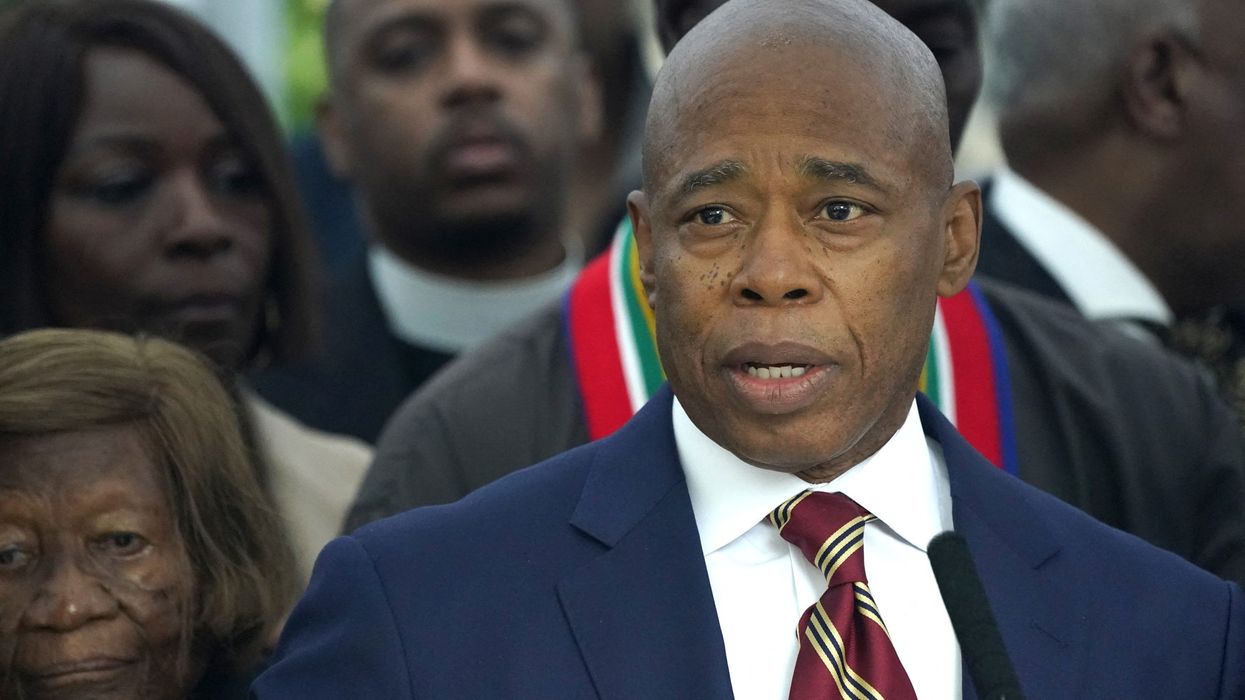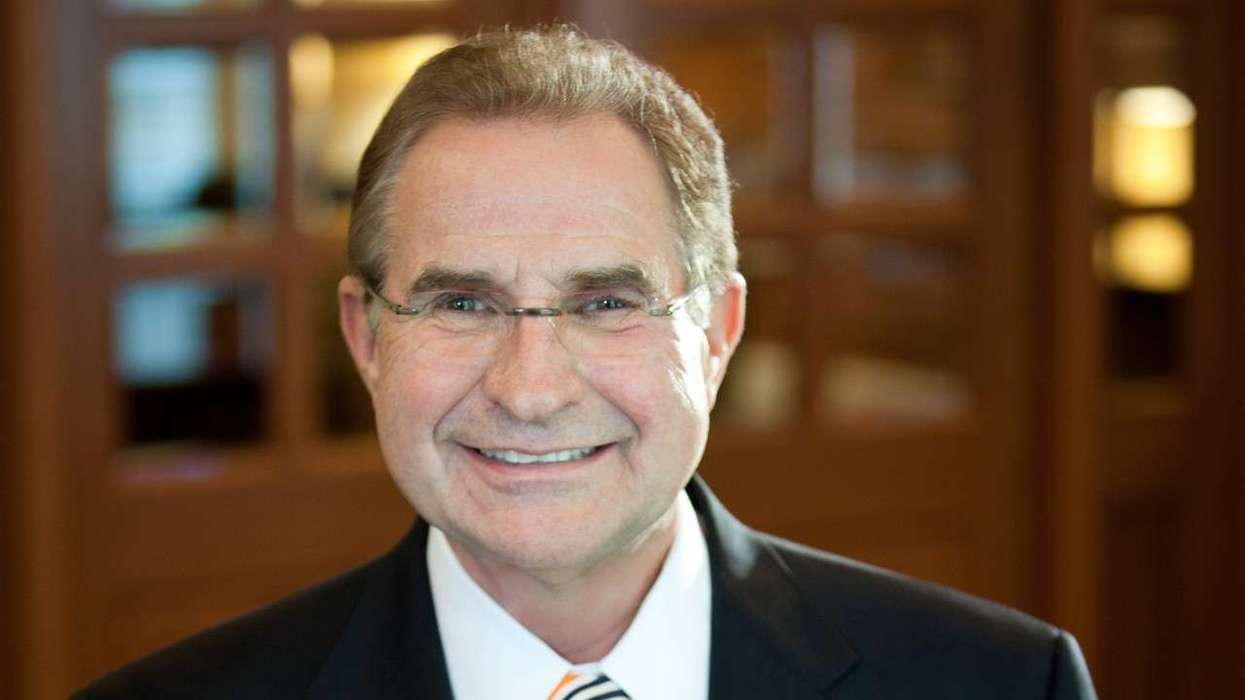NEW YORK CITY Mayor Eric Adams signed the Safe Hotels Act on Nov. 4, requiring hotels across the five boroughs to obtain operating licenses. The act, sponsored by City Council Member Julie Menin, faced opposition from industry groups like AAHOA and the American Hotel and Lodging Association and was revised twice before passing.
The new law, also called Intro. 0991, establishes stricter standards on safety, staffing, cleaning and licensing to enforce protections for workers and guests, according to the mayor’s office.
“Our top priority from day one has been to keep people safe, and that includes protecting workers and tourists at our city’s hotels," Adams said. "That’s why we are expanding protections for the working-class New Yorkers who run our hotels and the guests who use them. The Safe Hotels Act ensures our hotels are safe, healthy, and clean, enabling our tourism industry to thrive and create jobs. This is a win for working people, the tourism and hotel industry, and all New Yorkers.”
The legislation builds on New York City’s tourism resurgence, with 64.5 million visitors expected in 2024 and record tourism projected in 2025, according to the statement.
"While we acknowledge the passage of the Safe Hotels Act and its attempt to accommodate smaller properties, this revision still falls short of addressing our broader concerns,” said Miraj Patel, AAHOA chairman. “Hoteliers of all sizes deserve flexibility in managing operations. The act’s unintended consequences will disproportionately affect minority-owned businesses, stifling entrepreneurship and innovation in hospitality.”
A new group, the NYC Minority Hotel Association, led by New York hoteliers Mukesh and Nikul Patel, was recently formed to oppose the ‘Safe Hotels Act,’ calling it ‘unnecessary, redundant rules that would cripple the hotel industry.’ Meanwhile, hundreds of hotel professionals gathered at NYC Hall, warning of the act's impact on hotels, subcontractors, and small businesses.
‘Extraordinarily harmful’
The bill requires a $350 application fee for a two-year hotel license, mandating 24/7 front desk coverage, a security guard on duty, panic buttons for housekeepers, and training on spotting human trafficking. One provision requires direct employment of housekeeping and front desk staff, exempting hotels with fewer than 100 rooms. Menin stated this measure would address workplace exploitation.
However, Kevin Carey, interim president and CEO of the AHLA, described the legislation as “extraordinarily harmful,” creating a new hotel licensing system and restricting subcontracted labor. The AHLA and Protect NYC Tourism Coalition outlined their concerns in a veto letter to Mayor Adams, stating, "the bill is a direct attack on New York City small businesses.”
“On behalf of the thousands of New York City workers and hundreds of businesses in the Protect NYC Tourism Coalition, we respectfully ask that you veto Int-991-C,” Carey wrote. “This flawed legislation would create a hotel licensing system with arbitrary carve-outs, have minimal impact on health and safety standards in hotels, and force many small businesses to close. Most health and safety provisions included are already required by state or local law or widely adopted by the industry. The bill will have immediate negative impacts on hotels and local small businesses, many of which rely on this model to survive.”
The Hotel Association of New York City dropped its opposition after changes to the bill, but AHLA remains concerned, believing the Act will harm the hotel industry and tourism economy.
Carey emphasized that the bill directly targets small businesses in the city. “It arbitrarily impacts hundreds of small businesses serving the hotel industry. Many will be forced to close as their operations become illegal. It’s also an oversimplification to claim no jobs will be lost because of this legislation due to the Displaced Hotel Services Act, which mandates that hotels offer employment to subcontractor employees for only 90 days,” he said.
“The version of the bill passed by the city council on Oct. 23 creates a bifurcation in the licensing process that treats hotels with a collective bargaining agreement differently than those without one,” Carey said, suggesting that this provision may be used to pressure hotels into signing neutrality agreements or risk denial or revocation of their licenses for political reasons.
"The legislation reflects a fundamental misunderstanding of hotel operations. Restricting subcontractors disrupts business models that have supported family-owned and independent hotels,” said Laura Lee Blake, AAHOA’s president and CEO. “As an organization representing nearly 20,000 hotel owners, including many in New York City, AAHOA is committed to advocating for our members and collaborating with officials on solutions that work for both the industry and the city.”






